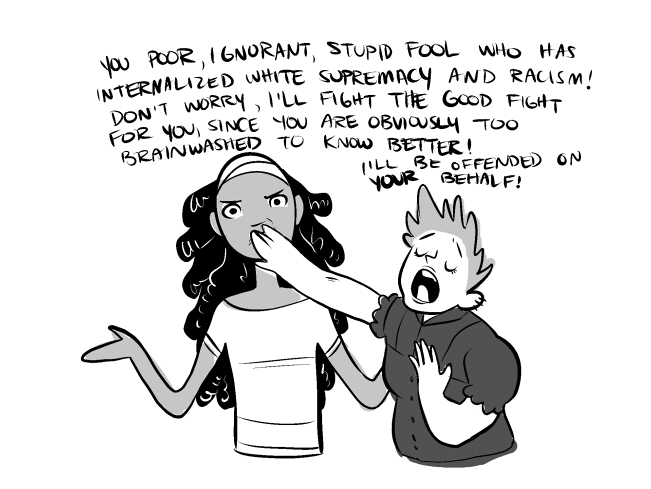 It’s an era of uncertainty for the Internet. While the technology behind it improves, the laws surrounding it are poised to suck out its lifeblood. SOPA, PIPA, ACTA, CISA, the TPP: The powers that be seem intent on subjecting the public to a nonstop barrage of threats against online freedom and privacy until we’re too exhausted to fight back.
It’s an era of uncertainty for the Internet. While the technology behind it improves, the laws surrounding it are poised to suck out its lifeblood. SOPA, PIPA, ACTA, CISA, the TPP: The powers that be seem intent on subjecting the public to a nonstop barrage of threats against online freedom and privacy until we’re too exhausted to fight back.
There is, however, one proposed means of ensuring online communications remain uncensored and private (or as private as the content creator intends): Decentralization. Rather than having all Internet traffic managed by ISPs, which are hardly dependable as guardians of the First and Fourth Amendments, every Internet device is directly interconnected to form a “meshnet.” Encrypted content makes its way around the globe by jumping from node to node.
Needless to say, of course, the logistics of this proposal mean it will take some time to come to fruition. There needs to be a number of people, living in the right places, who are willing to invest their time and money into making a meshnet a reality. There have been a number of promising-looking plans mapped out, such as Hyperboria and MaidSafe, but few are counting on their becoming a reasonable replacement for ISPs any time soon.
However, there’s one thing everyone, even the not particularly computer literate, can do in the meantime to stymie the forces that aim to restrict what they can speak about and search their digital papers and effects. They can join what is known as a distributed social network.
Most social networks have a few things in common. First, all the content that is shared within the network is routed though a choke point: The network’s servers. Second, they are for-profit companies that rely on ad revenue.
Therefore, it is in the best interests of the social networks to trawl through the content that is posted by its users, in order to tailor their ads to them… Or sell the information to third parties. Furthermore, as they are businesses who have brands to protect, they may succumb to demands to censor content — from customers complaining about “offensive” content, from other corporate entities worried about content that threatens their own business (such as negative reviews of their products), and from governments looking to suppress information. Finally, all that content collected onto a single set of servers makes it a ripe target for governments out to snoop on their citizens.
A distributed social network is different in those key aspects. It is not owned, furnished, and maintained by a single corporation. Anyone can set up an account on their own server, or join a preexisting host. The accounts can communicate with others on different hosts, just as users of two different email providers can email each other. Most of these hosts are funded by their users’ donations.
The user can choose from a wide variety of such hosts, or create their own. This competition means that the user can select a host that has a reputation they find agreeable, in terms of their policy on privacy and what content is allowed. One that relies on donations rather than ad revenue will mean it has little impetus to collect users’ personal information. The user can share any content, so long as it’s not illegal. (And if their host does censor anything, the user can simply move to a different one.)
Right now, the most prominent distributed social network is Diaspora*. You can read more about it here, and find your “pod” here. And yes, many Diaspora pods offer you the option to post content simultaneously to other places such as Facebook, if you’d prefer to wean yourself off them rather than going cold turkey.
Join and tell your friends. Or just tell your friends, if you yourself aren’t interested — you might be surprised at who else is. And, of course, you can share with me here (or here).
One small step at a time, we can pull ourselves apart from the pillars that comprise the present Internet, and form the Internet as it was meant to be.
